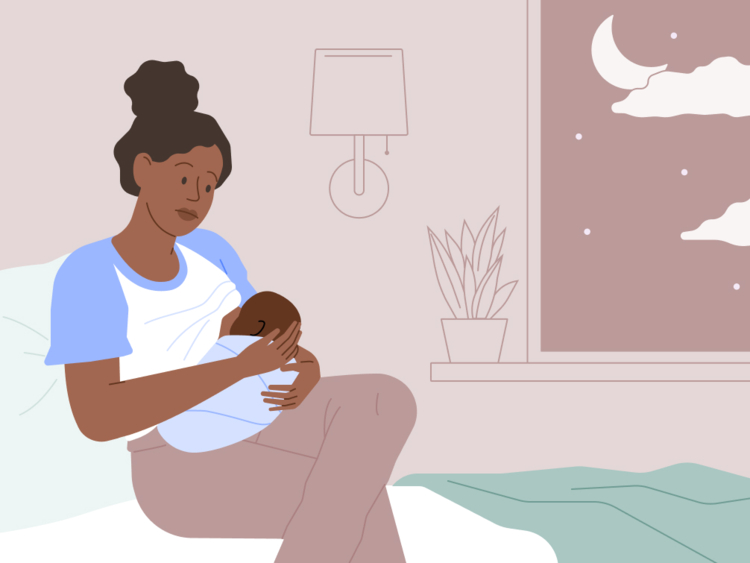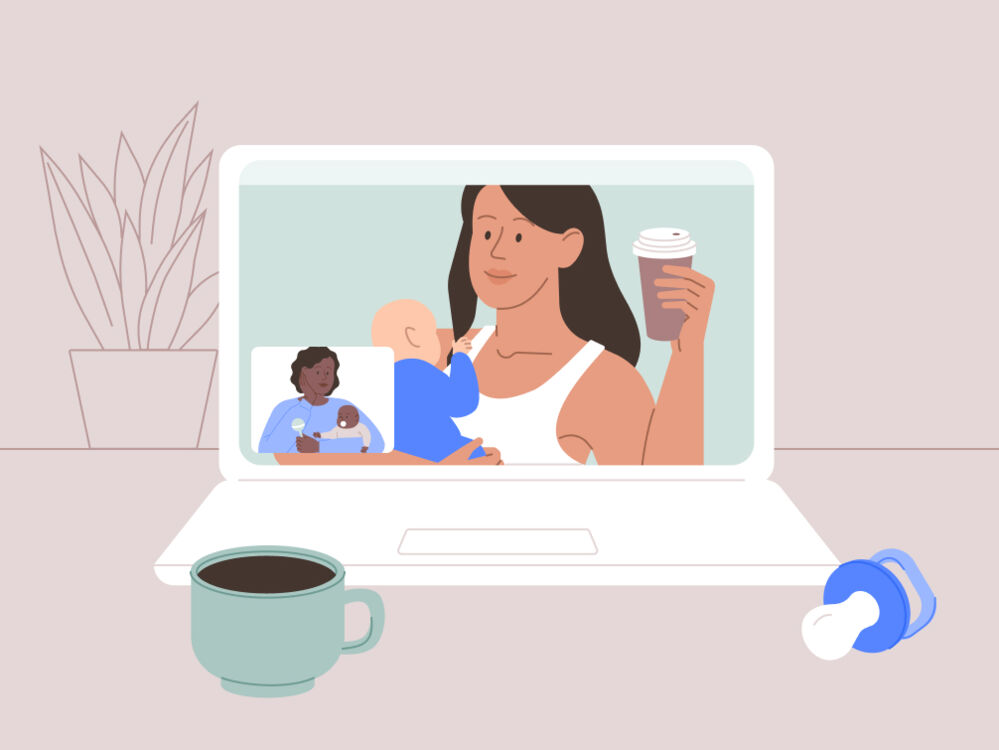When you have a baby, it’s normal to feel a bit off for a week or two, especially during the early days. Thanks to shifting hormones and sleepless nights, not to mention caring for a brand-new baby while recovering from labor, the first few weeks after you give birth can be a tough time, so remember to take care of yourself as well as the new addition to your family.
These first weeks after you’ve given birth are called the postpartum period. There’s currently some discussion about how long the postpartum period should be defined. It’s often considered to be the first six to eight weeks after you’ve given birth. However, pregnancy and birth can impact everyone’s bodies differently. This is why the American College of Obstetricians and Gynecologists considers the postpartum period to extend up to 12 weeks after birth. You might have heard this time referred to as the fourth trimester.





